IMF-gather-in-Washington-DC-from-21-%E2%80%93-23-April-2017.jpg" />
IMF-Spring-2017-meetings2.jpg">Governors of the World Bank and IMF gather in Washington DC from 21 – 23 April 2017.
Washington, 2 Rajab 1438/19 April 2017 18 (MINA) – Although it is “modest” and has “subdued” longer-term potential growth rates the global economic upswing that the International Monetary Fund (IMF) has expected seems to be “materializing,” KUNA reported, citing the upgrade to the 2017 forecast released Tuesday.
The World Economic Outlook (WEO) raised its projection for 2017 global outlook to 3.5 percent, up from the recently forecasted 3.4 percent. The 2018 forecast predicts to world economy to rise to 3.6 percent next year.
Also Read: Saudi Arabia Wins Bid to Host World Expo 2030
The report describes one “salient threat” to be a “turn toward protectionism, leading to welfare trade.” This is primarily connected to advanced economies that have experienced lower growth since the 2010-2011 recovery from the global financial crisis, slower growth of income, and labor market disruptions.
These elements have “generated political support for zero-sum policy approaches that could undermine international trading relationships, along with multi-lateral cooperation more generally,” the IMF said.
Richer countries have grown but with “less impressive income gains” over the past 10 years when compared with previous decades.
“It is not surprising, therefore, that attitudes about international trade’s effects on jobs and wages, as measured by leading surveys, tend to be more positive in poorer economies,” said the report’s introduction.
Also Read: 148 Products from Indonesia Promoted at Sarawat Superstore Jeddah
Within poorer countries inequality remains substantial but has room for “catch-up and higher growth under the right policies.”
The IMF reiterated that inequalities are related to trade but owe credit to technological advances which facilitate trade and know-how within itself.
“Governments should instead follow trade policies consistent with maximum productivity, supplementing those with other policies that better distribute the gains from foreign trade internally, improve the skills and adaptability of their workforces,” it said.
Policymaker must do the hard work
“Policymakers instead must do the hard work of investing in their economies, especially in people, to create greater resilience to a host of potential and ongoing structural changes-including the changing modalities of globalization.”
Also Read: Packaging Industry Supports Halal Ecosystem
The outlook has already improved for advanced economies such as the US, Japan and European nations based “on a cyclical recovery in local manufacturing and trade that started in the second half of 2016.”
Meanwhile, emerging and developing economies have a weaker outlook, especially in Latin America and The Middle East, “reflecting continued adjustment to the decline in their terms of trade in recent years, oil production cuts, and idiosyncratic factors.”
The near-term outlook for the Middle East, North Africa, Afghanistan, and Pakistan has weakened with growth forecast to be 2.6 percent in 2017, 0.8 percentage point lower than projected in the October 2016 WEO.
“The subdued pace of expansion reflects lower headline growth in the region’s oil exporters, driven by the November 2016 OPEC (Organization of the Petroleum Exporting Countries) agreement to cut oil production, which masks the expected pickup in non-oil growth as the pace of fiscal adjustment to structurally lower oil revenues slows.”
Also Read: Indonesia-Japan Agree on Energy Transition Cooperation
In Kuwait, the economy is expected to slow by 0.2 percent in 2017 and then will pick up by 3.5 percent in 2018.
But China and Russia’s growth were marked up for 2017 and 2018 thanks to “stronger-than-expected policy support, where activity appears to have bottomed out and high oil prices bolster the recovery.”
“Policy choices will therefore be crucial in shaping the outlook and reducing risks” such as “more progressive taxation; investments in skills, lifelong learning, and high-quality education; and other e orts to enhance the occupational and geographical mobility of workers to ease and hasten labor market adjustments to structural transformations,” it said. (T/RS5/RS1)
Also Read: Dubai Expo 2020 Holds Special Event for Palestine
Mi’raj Islamic News Agency (MINA)





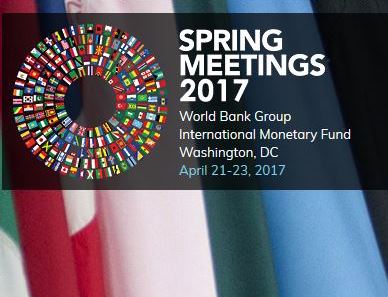



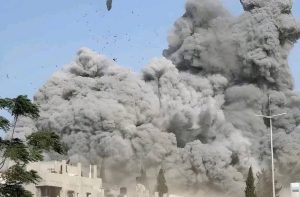


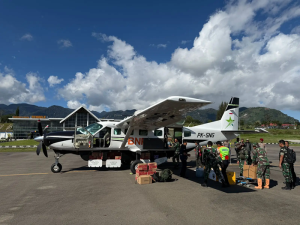

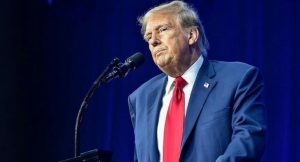
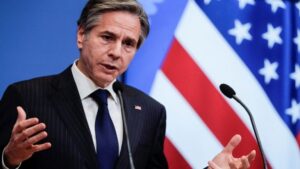
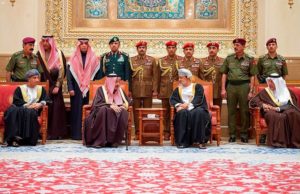
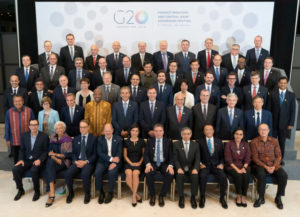

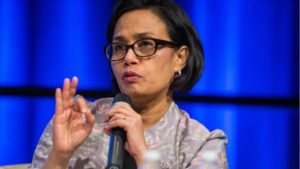








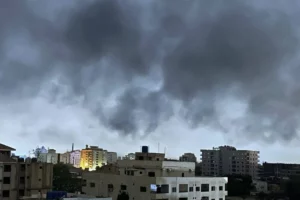




 Mina Indonesia
Mina Indonesia Mina Arabic
Mina Arabic